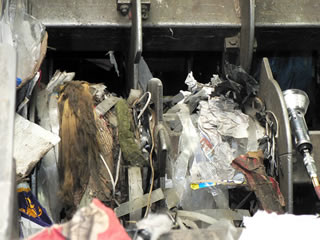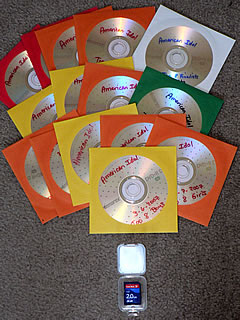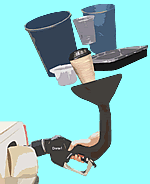Guest Post: Why I love having to take my stuff to the Transfer Station myself

The following is an email I received from reader Susan Siu about how much she loves having to take her recycling to the local transfer center instead of having curbside pickup.  I loved it so much, I asked her if she would send me pictures and let me post her email here.  Don’t get me wrong:  I still want curbside recycling to be made available so that people who wouldn’t otherwise recycle will comply, but I love her enthusiasm for her local transfer station.  So, please enjoy this post about recycling/reusing in Southern Maine.
Dear Beth,
I LOVE your book and blog! I am a small-scale vegetarian organic homesteader in Southern Maine currently in the process of going zero-waste and plastic-free, and your book has been extremely helpful as well as fascinating. I have been watching many of your film/video recommendations with my kids, and they are sharing what they’ve learned with all their friends.
After reading your story … Read the rest















